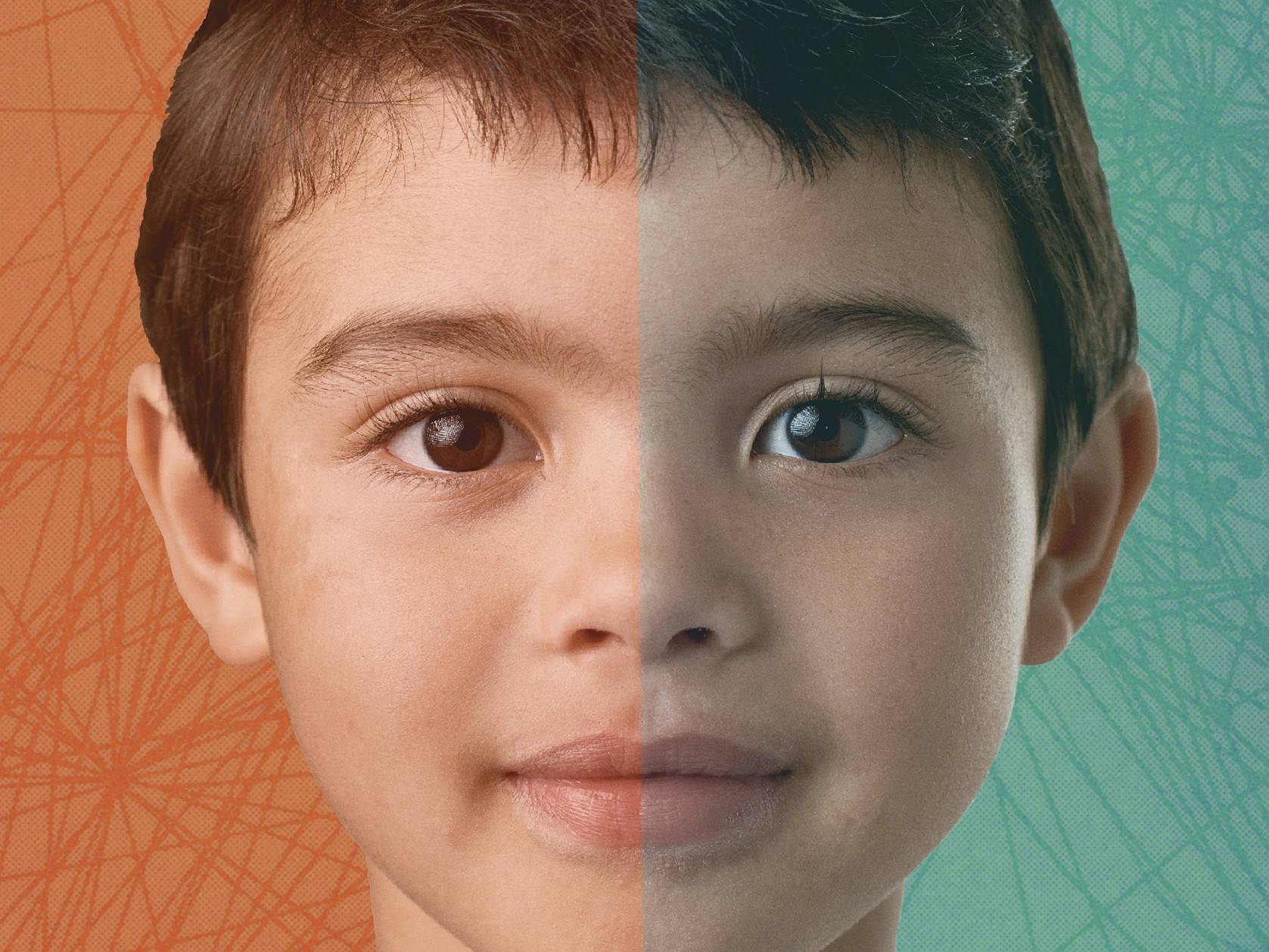
Bilingual School Psychologists Serve Student Needs
by Alex Dominguez
In her 37th year in education, Irma Pedraza is reliving her childhood and redefining her future as a bilingual school psychologist in Texas State University’s Project SUPERB program. “I lived the experience of segregation and feeling like something was wrong with me because I spoke a second language,” says Pedraza. As a child, like many of her classmates in Beeville, Pedraza began to anglicize her native language to survive the school system that was not set up to work with students whose native language was not English.
Project SUPERB (Scholars Using Psychology and Education to Reach Bilinguals) is a $1.05 million U.S. Department of Education grant-funded program in the College of Education that adds a training and certification track in bilingual school psychology to the existing approved university graduate program. This program recruits, prepares, and supports scholars in specialized course work and supervised bilingual field experiences to promote multicultural awareness and build professional Spanish vocabulary in the areas of education and psychology. Over its first five years, the program will graduate 28 students. It will continue past the years of the grant award, admitting students to this new, permanent Spanish-English bilingual track in school psychology.
"Because we can evalute the child in English and in Spanish, we get to see the whole child. Being able to speak to the parts about he evaluation helps me advocate for the child and the family."
– Carol M. Zecena Leiva
Pedraza says she had an epiphany during the program’s language immersion experience. “I couldn’t stop crying one day because I felt bad for having lost my native tongue, but the professor helped me understand I was a survivor. I survived the cancer of discrimination and segregation and now I will be able to help families and children with their needs.”
Texas State, with a Hispanic student population of 35 percent, was designated a U.S. Hispanic-Serving Institution (HSI) in 2012. In 2016, the university ranked 14th in the nation for the number of bachelor degrees awarded to Hispanics. Dr. Michael O’Malley, chair of the Department of Counseling, Leadership, Adult Education & School Psychology, says the HSI designation provides an additional lens for his department as it trains people for roles as principals, superintendents, school counselors, and school psychologists. “In addition to everything else that we are doing, what kind of impact can the university have for serving Hispanic communities in Texas? We are consistently looking across our programs and asking, ‘What is the need in our schools that our (university) students will be working in? What can we do to respond to that need?’ ”
Project SUPERB is a perfect fit for their students and the communities their students are moving into, says Dr. Jon Lasser, School Psychology program coordinator. “We have some very talented bilingual students, but they did not have formal/specialized training in the assessment of English Language Learners and (education) in cultural competencies to meet the needs of this population.”
Program scholars learn specific tasks that help them to filter out children’s linguistic proficiencies, and help educators determine if a child’s academic struggle is because of educational gaps or language deficiencies. Scholars will graduate with a 69-hour specialist degree in school psychology and a certificate in bilingual school psychology.
“I’m really proud of our program in being able to acquire this grant and develop this project. It’s perceived that we were awarded such a large grant because of the university’s infrastructure,” says Dr. Cynthia Plotts who co-wrote the grant with Lasser. “(Project SUPERB) has its own culture in its own way. When the scholars are all together, there is a bonding and communication between them that is special. They are preparing to go out and share their special set of skills and I feel really proud of that.”
Carol M. Zecena Leiva, who is in her third year with Project SUPERB, will graduate in December. She interned in the spring. “Because we can evaluate the child in English and in Spanish, we get to see the whole child. Being able to speak to the parents about the evaluation helps me advocate for the child and the family,” she says. “Many of the families I have worked with consider the schools the experts. I want to make sure they are getting the whole message about their child so that they can make informed decisions.”
Though the final grant-funded cohort was admitted into the program in fall 2016, O’Malley says the university plans to continue to offer the training and certification track, minus the federal financial support. “We have a very diverse student population here at Texas State,” he says. “Seeing the faculty come together and be innovative about meeting the needs of Texas schools and families, understand what the challenges are, think ahead of the curve, and help our students use their natural skill sets through graduate education — this is very exciting.”